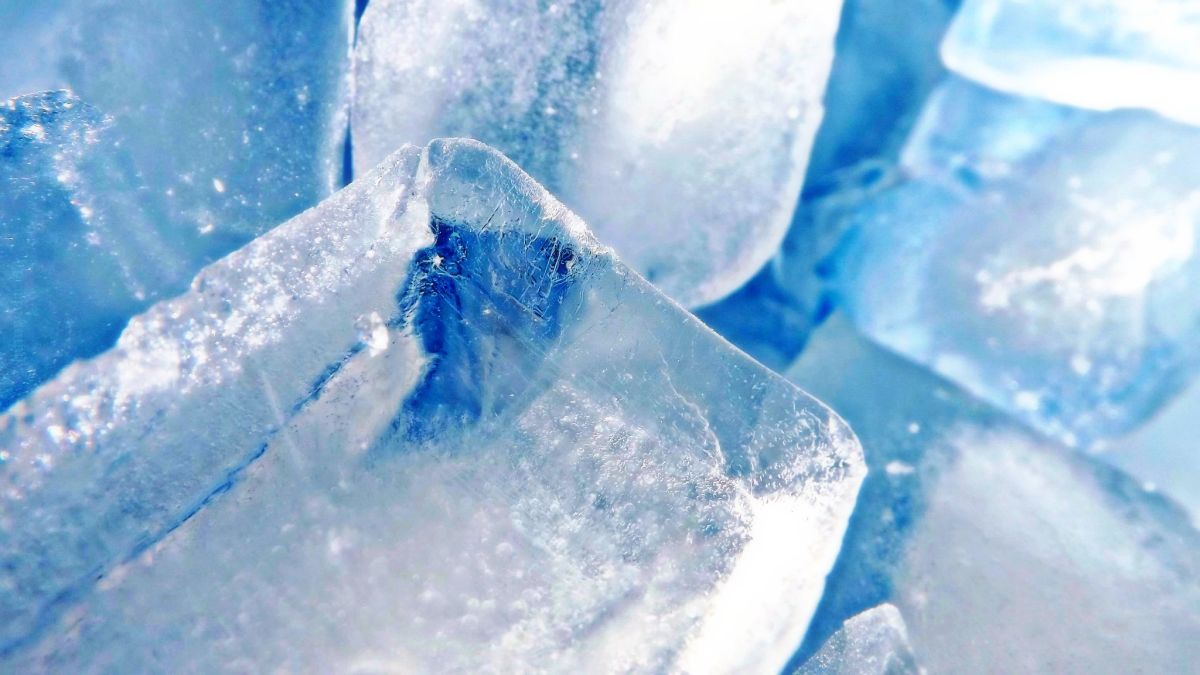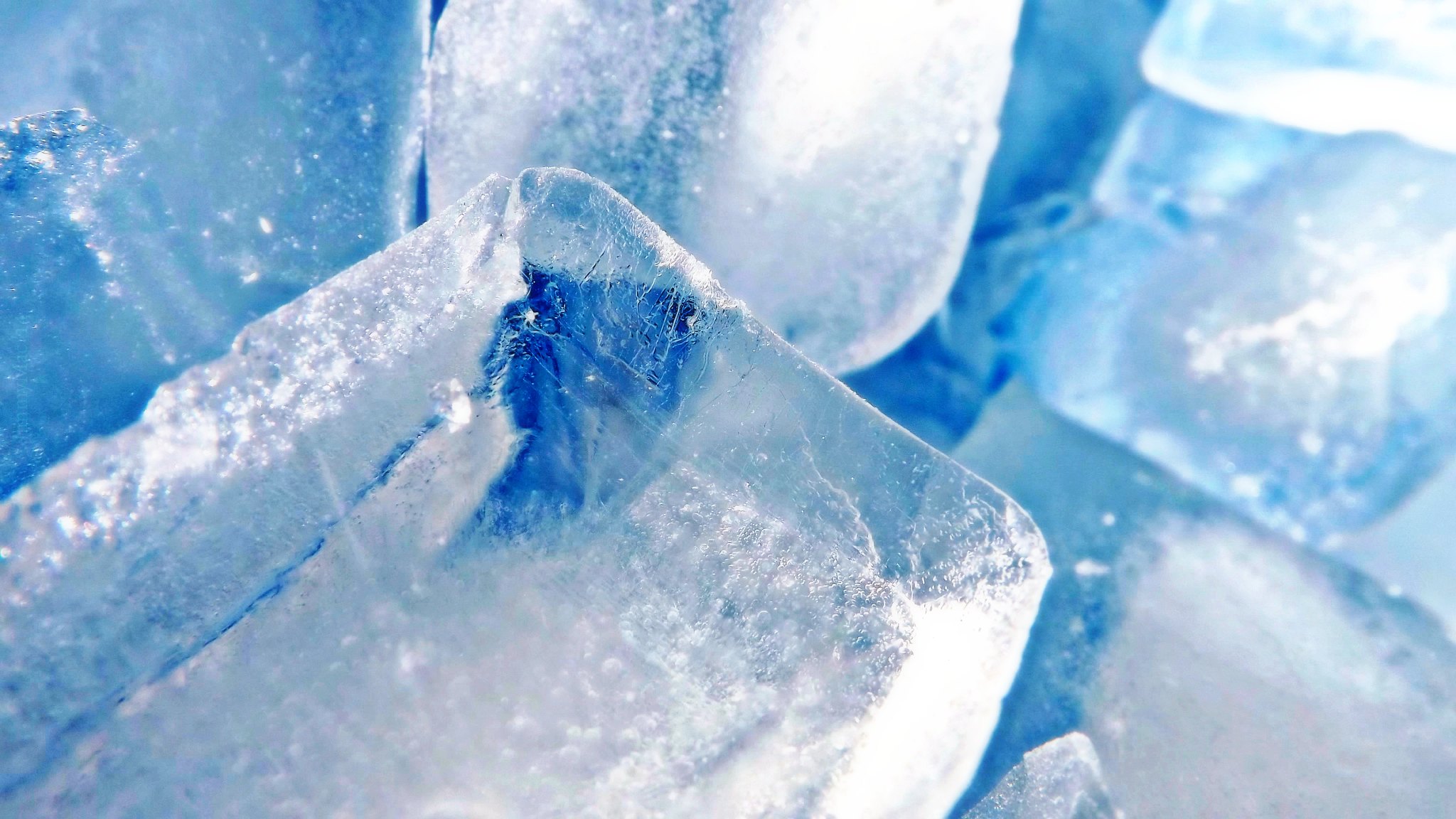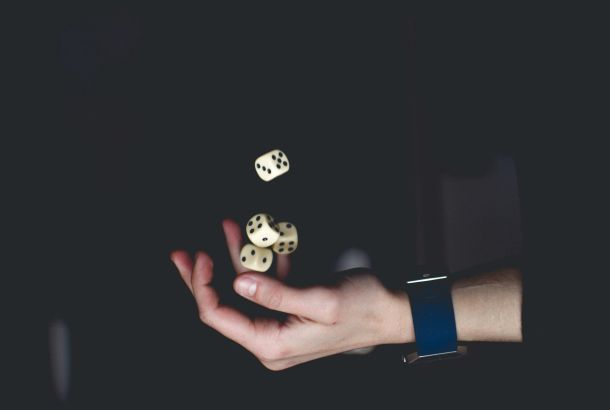Ice, Ice, Maybe? The art of remembering and forgetting, from a roundworm’s ice bath

There doesn’t seem to be too much of a difference between me nipping to Sainsbury’s for a few items – only to forget the main item I went for – and roundworms. Roundworms have short memories, usually holding information for a couple of hours before it gets banished to the brain drain.
Retaining memory
Yet, the brain drain could soon become a brain freeze. A recent study led by geneticist Oded Rechavi has proven that if roundworms are placed on ice or in lithium salt, their membrane rigidity changes meaning they’re able to hold information for a much longer time; at least eight times the original.

While this may seem like a quick – and easy – fix to roundworms’ memory problems, unfortunately, the fix stops there. As soon as the roundworms were taken off the ice and gradually acclimatised to room temperature, the parasites’ delayed forgetting was delayed. The next thing they knew, they forgot.
Memory performance is “partially genetically regulated and heritable.” Forget your New York Times crosswords and Wordle – they’ll only do so much. It’s the grey area surrounding the relationship between memory, genetics, and physiology that has sent scientists searching for the reasonings behind memory storage.
Ice…
The process of forgetting is an “adaptive process allowing organisms to flexibly respond to changing environmental conditions.” Leaving a tutor’s office hours and meeting your friends, or walking downstairs to get something, is a prime time to forget exactly what you were just told or meant to do. Unfortunately, humans can’t simply be placed on ice to help them remember a piece of information, which allows roundworms to lead the trend here. Nonetheless, in a frosty trade-off, humans do have ice baths, which help to increase the concentration of dopamine and stimulate the brain.
Interestingly, roundworms can survive in cold environments for a long time – 48 hours at two degrees Celsius, to be precise. While for humans, in sub-zero temperatures, hypothermia kicks in within minutes. A roundworm’s “systemic cold tolerance” is regulated by the nervous system. Similarly, in humans, when internal body temperatures change, sensors in our central nervous system react accordingly.
The study made a distinction between ‘cold-sensitive’ and ‘cold-tolerant’ states, which worms can switch between. When they’re in a cold-sensitive state, their memory loss is delayed, but in a cold-tolerant state, their memory is completely lost. This distinction draws the conclusion that “delayed forgetting on ice is a regulated mechanism.” It is, as Quavo and Drake said, like flicking a switch; for the worms a thermoregulated one.
Freezing neural pathways
Roundworms have just 302 neurons, compared to humans 85 billion in the brain alone. The study found that the key to delaying the roundworm’s short-term memory is in the diacylglycerol pathway in the AWC sensory neurons. Having not encountered these scientific terms since my one-time-wonder at the GCSE Science Paper, my attempt to break it down is as follows: diglyceride is a chemical compound formed by glycerol and fatty acids (when thrown into a mixing bowl, glyceride and sodium hydroxide form soap). Diglyceride is used in a lot of foods, such as seed oils and as an emulsifier in processed foods. Diacylglycerol is a fatty acid that can act as a signalling lipid. Now place me on ice; I’ve lost my spiel.
Swiftly moving on, the study found that the lithium salt and ice delayed roundworms from forgetting their specific olfactory memories. Olfactory memory is the recollection of smells, a physiological sense which is extremely memorable and distinct to individuals. I’ll never forget the smell of Lush’s Snow Fairy shower gel (Thanks Zoella) or the whiff of the MegaBus service between the hours of 4-6 pm when everyone appears to be laden with ludicrously capacious bags and the service seems to be exclusively for the mouth-breathers. Worms are “innately attracted to a variety of odours,” but their short-term memory allows them to forget what it is that they’re attracted to, so it’s like they smell it again for the first time. Fortunately for me, I experience this exact phenomenon every time I walk past Nando’s.
The cold and the cognitive
Memories shape us into the person we are. Our memories can be categorised into two types: explicit, memories we can consciously recall, and implicit, memories we can’t consciously recall but which affect pretty much everything we do. Take walking – we recall our motor memories to walk. We also have long-term memory, short-term memory, working memory…I’ve forgotten the rest, unfortunately. But, this study proves that temperature affects how the memory functions – in this case, roundworms were the lens through which to assess the cold and the cognitive, and how the cold actually improves the cognitive functions of the worms.
Time to get the ice bath out.







